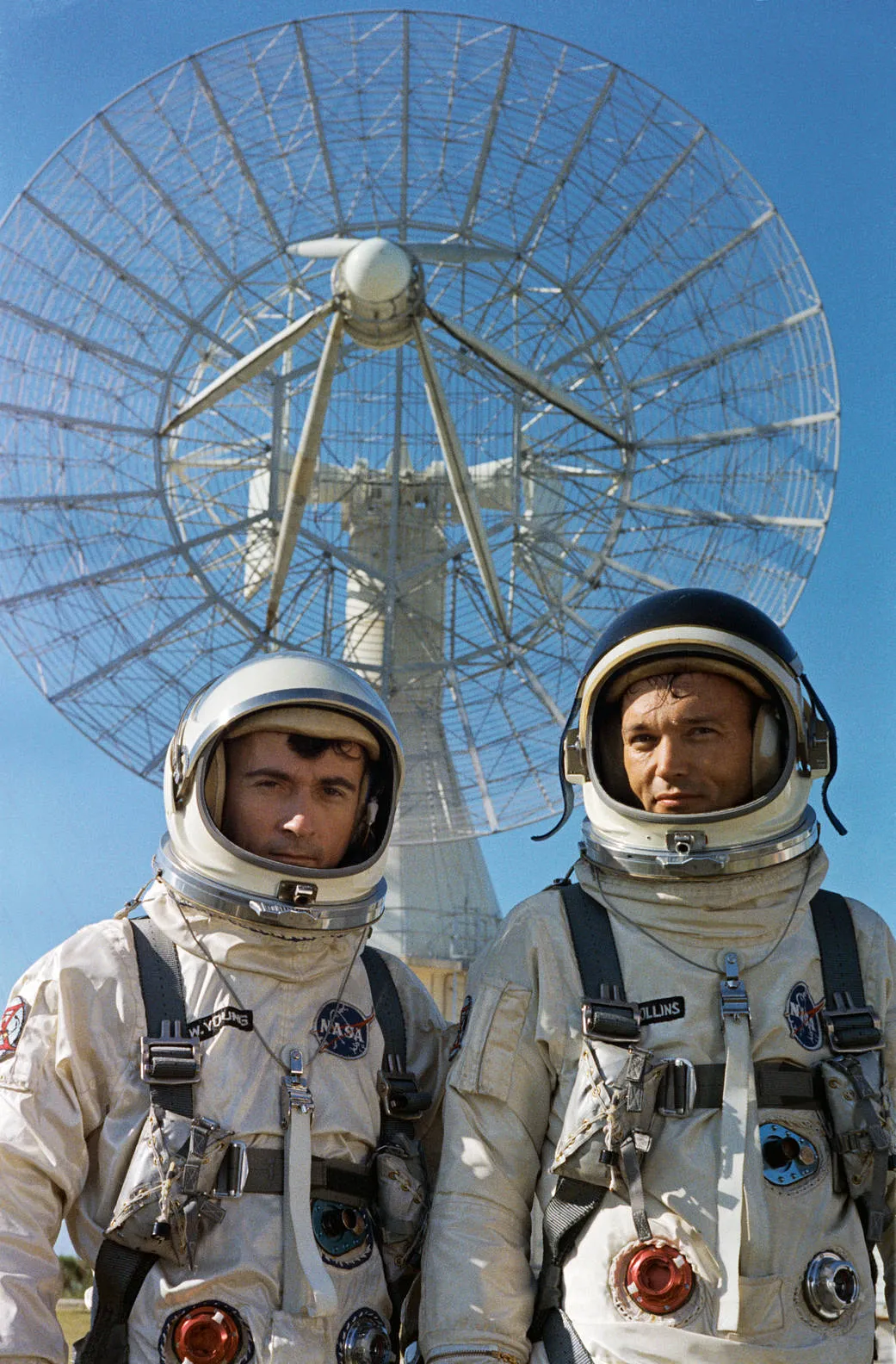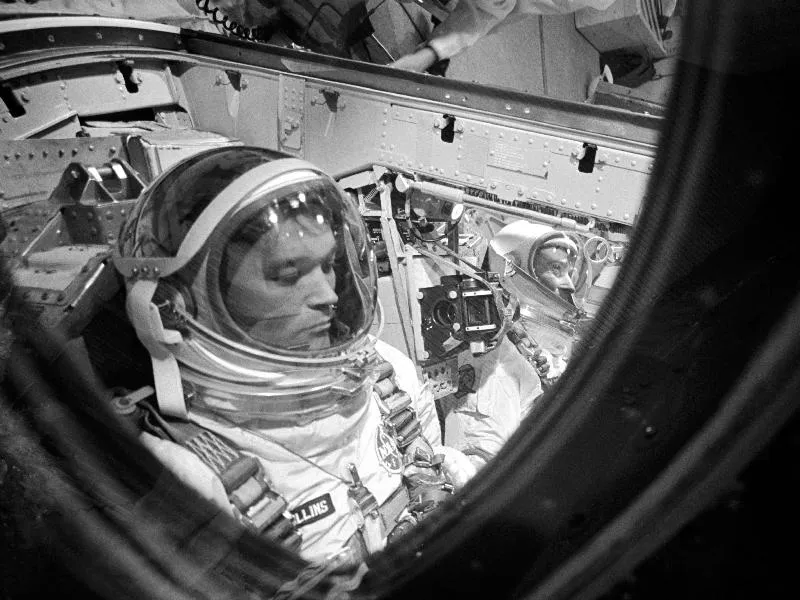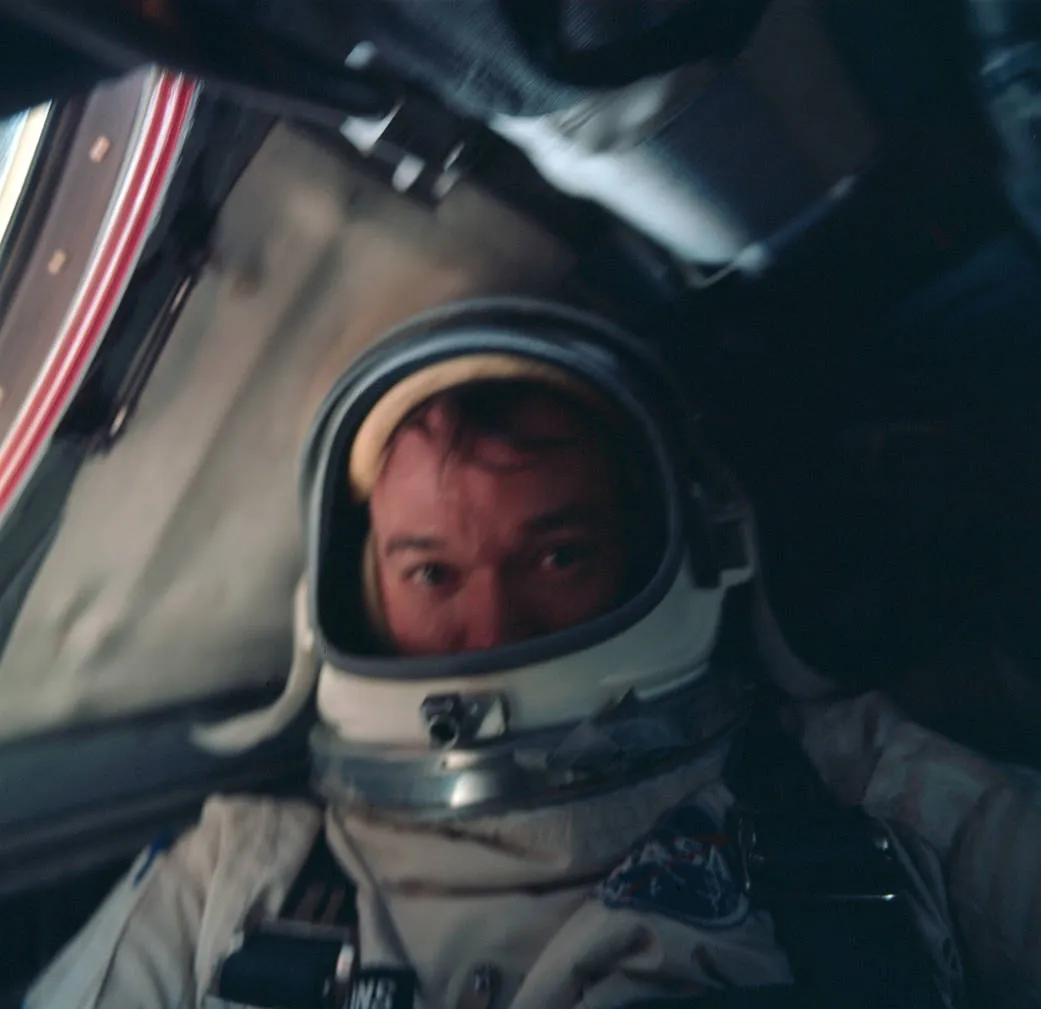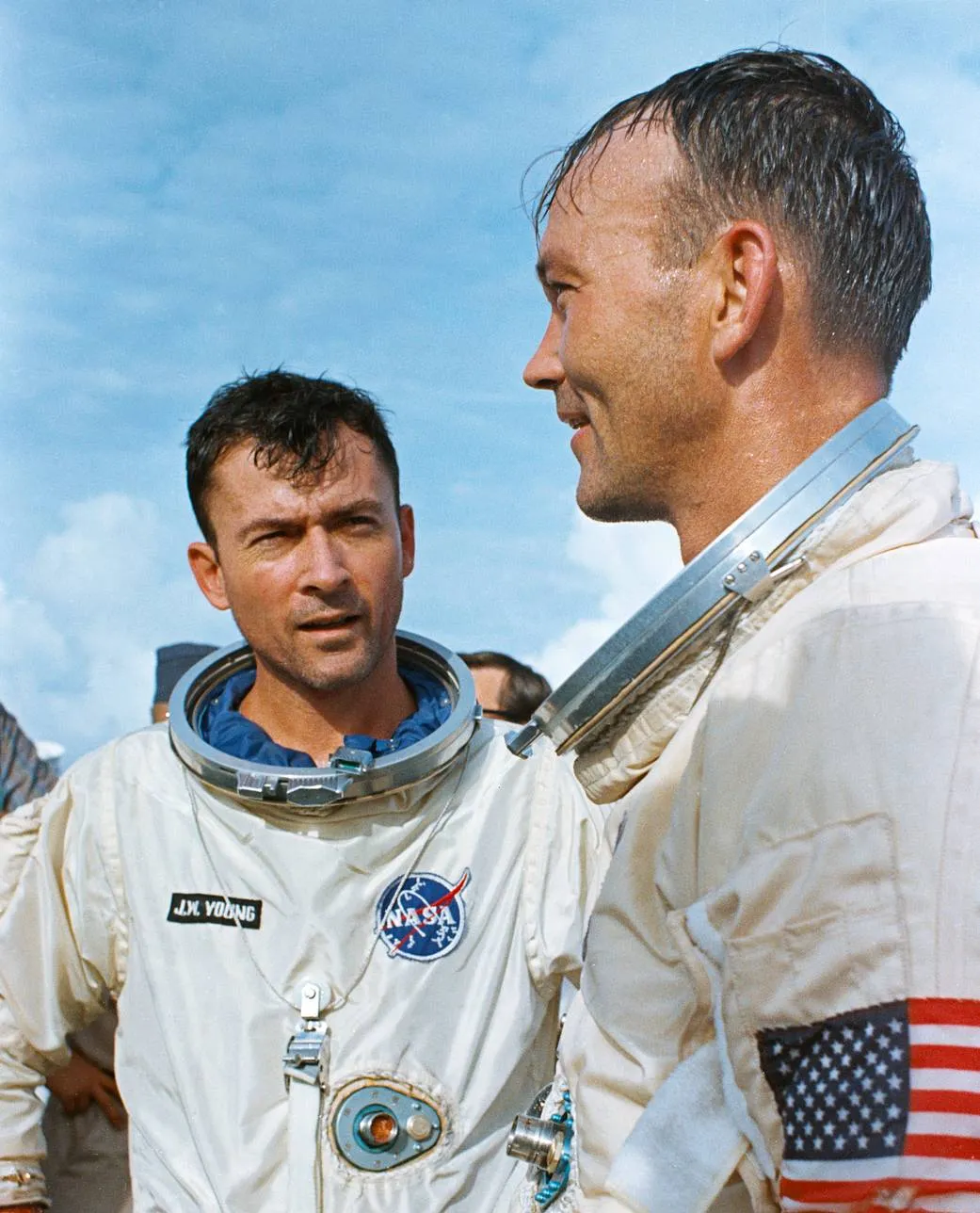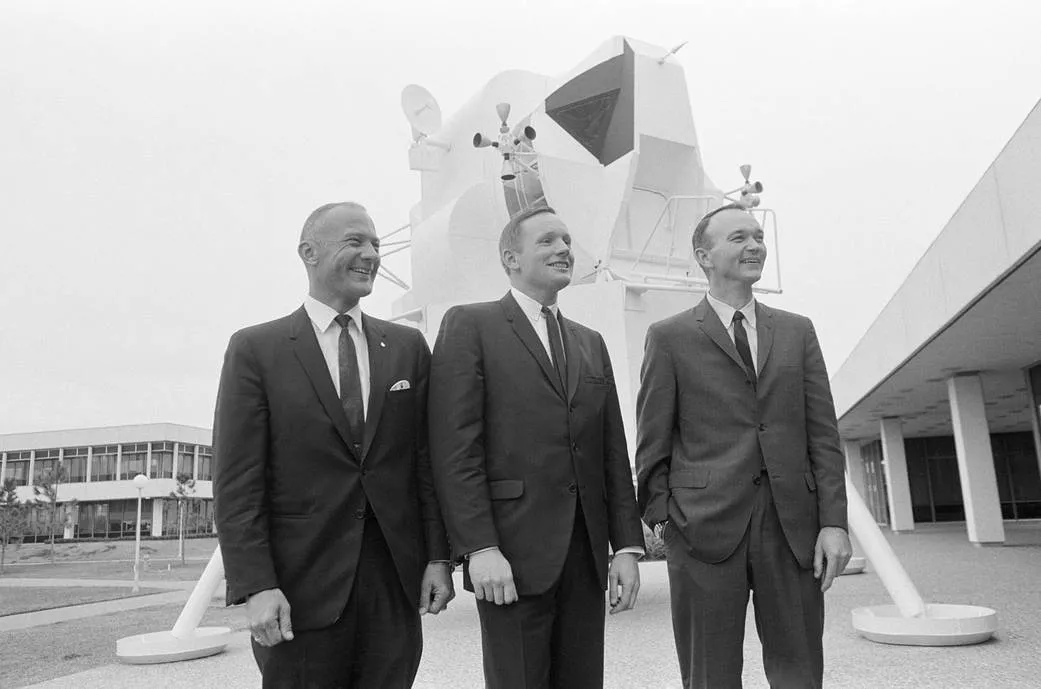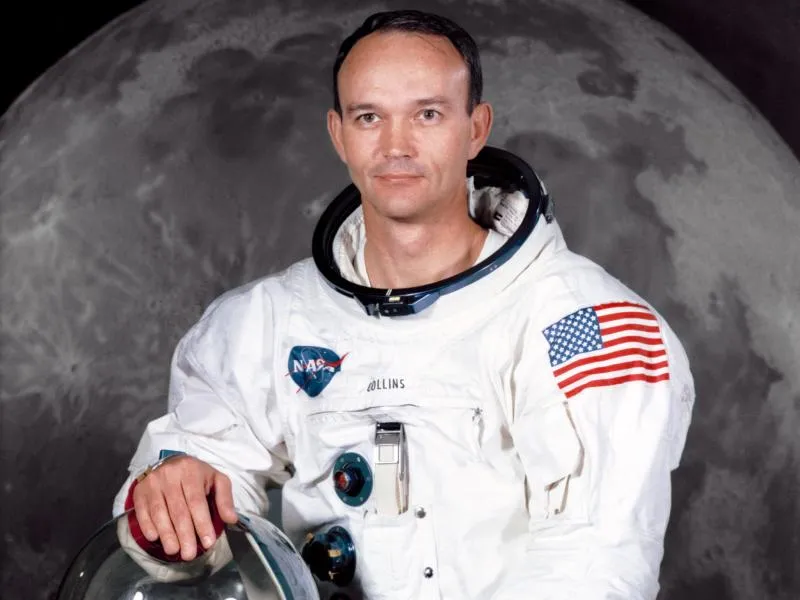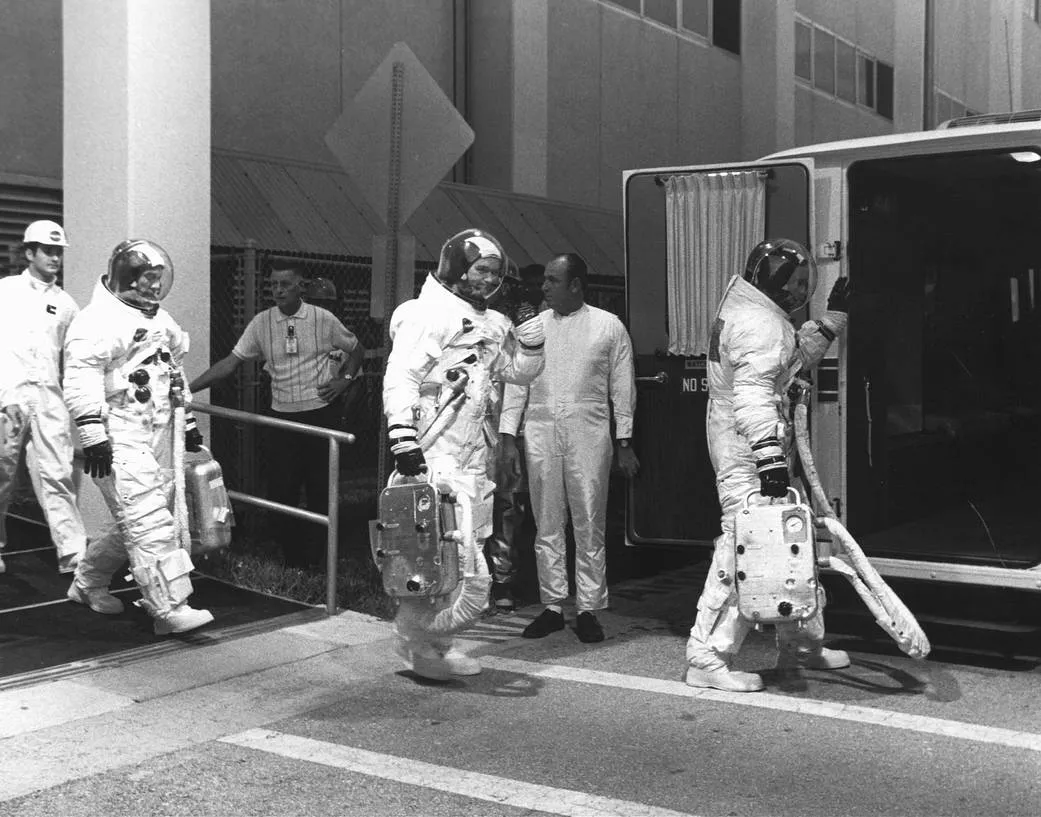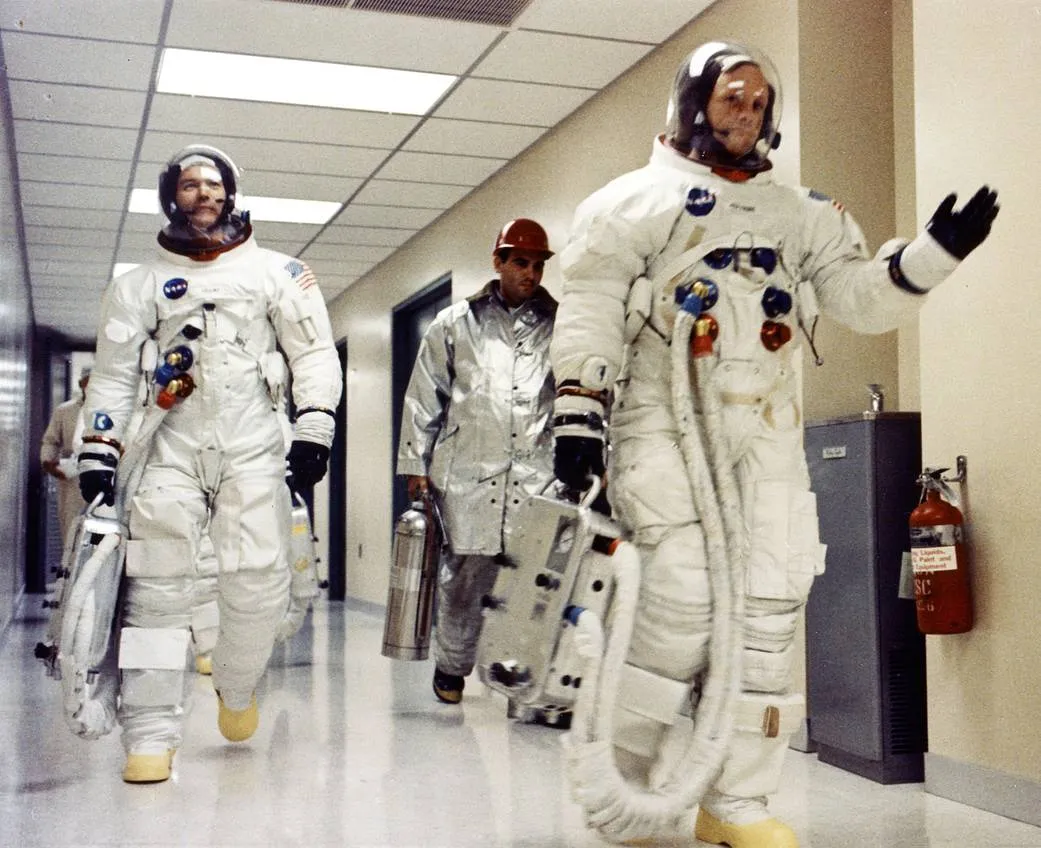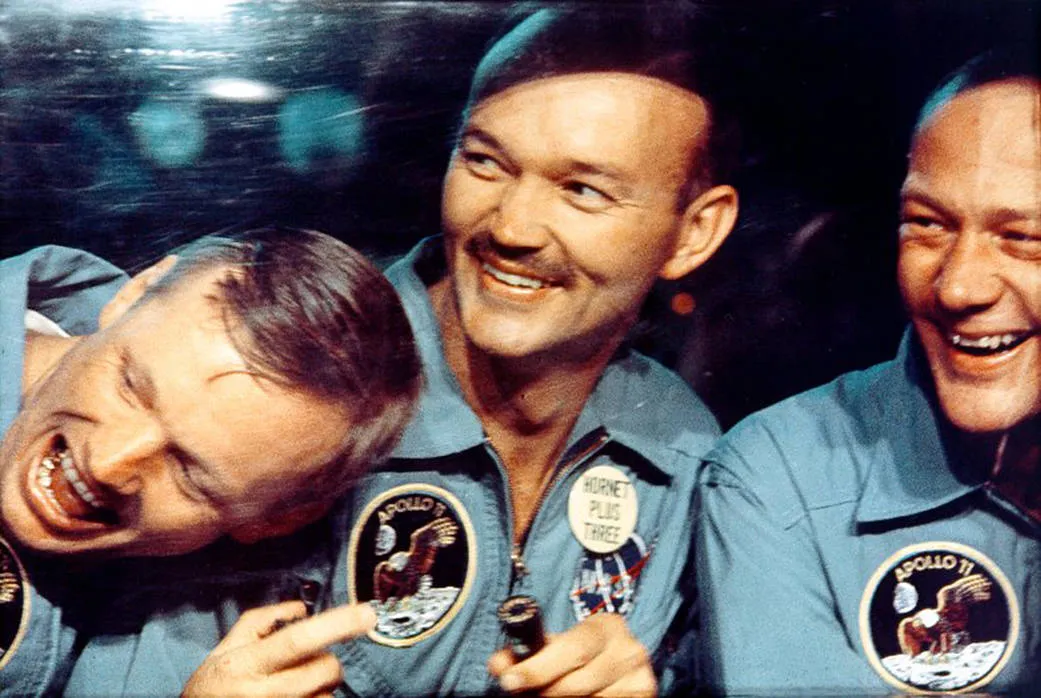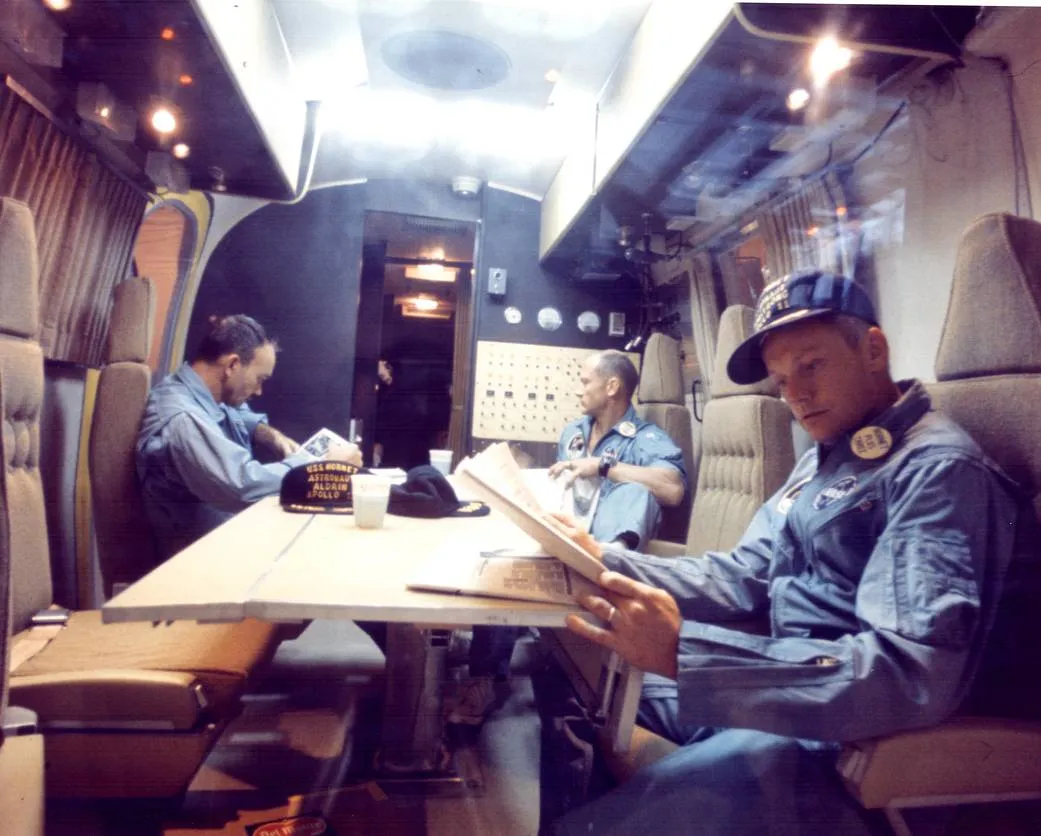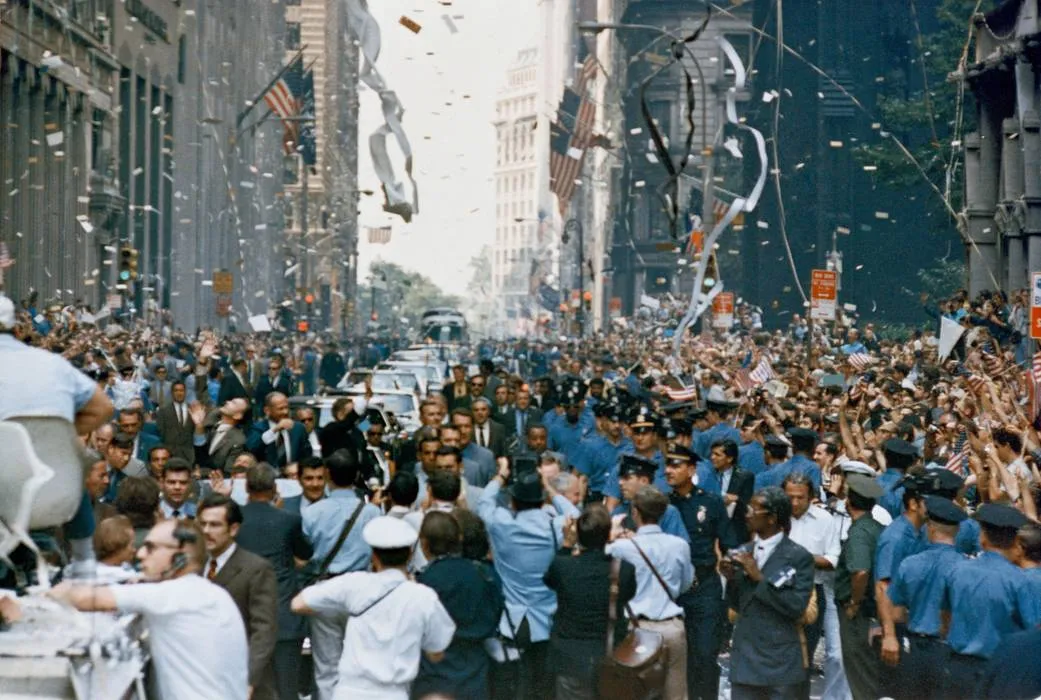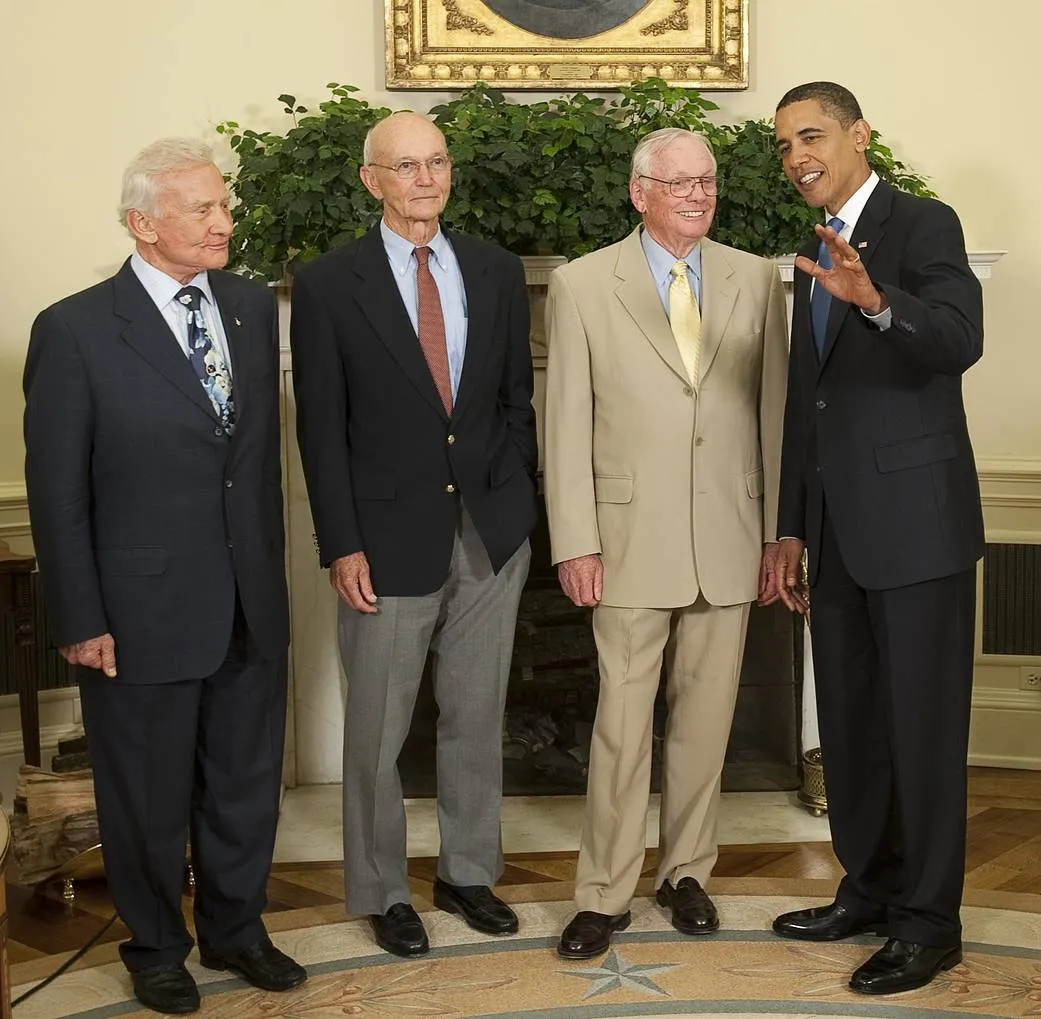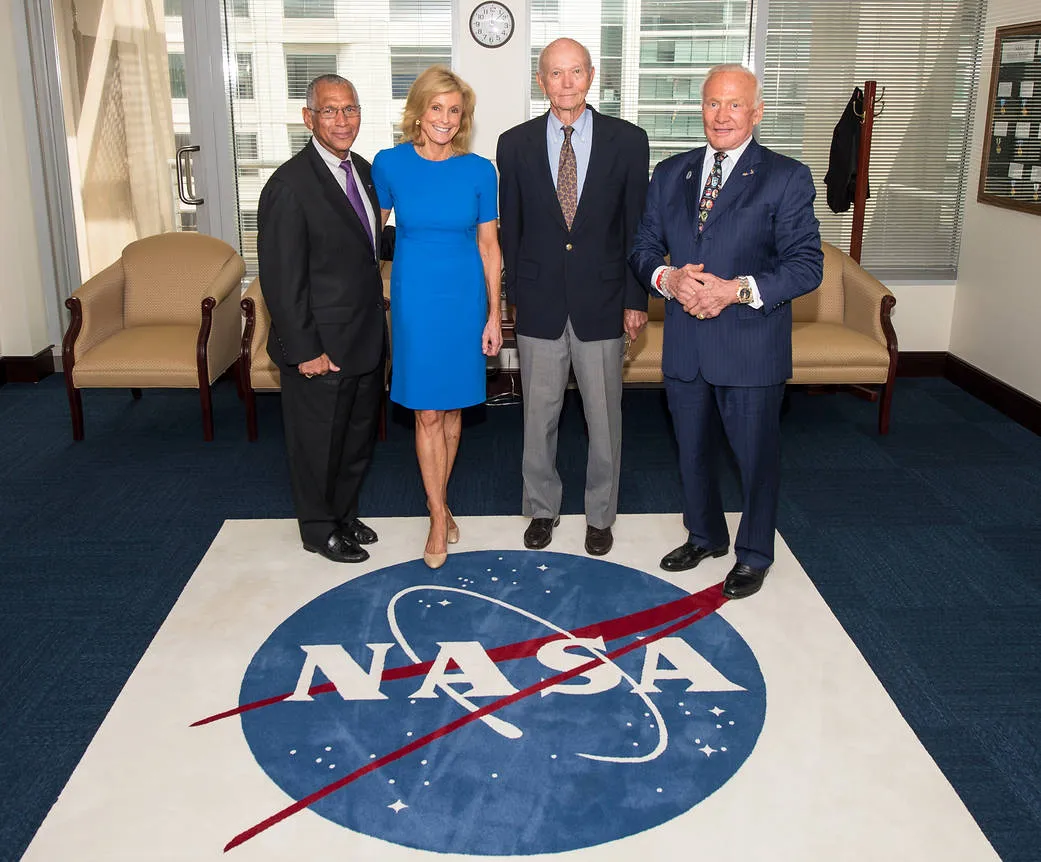Former NASA astronaut and Apollo 11 Command Module Pilot Michael Collins has died aged 90, his family have announced.
Collins’ family say he passed away on 28 April 2021 following a "valiant battle with cancer."
"He spent his final days peacefully, with his family by his side," they said.
Collins flew on the Gemini 10 mission in July 1966, which was part of NASA’s Gemini programme to conduct human spaceflight missions in preparation for the Apollo moonlandings.
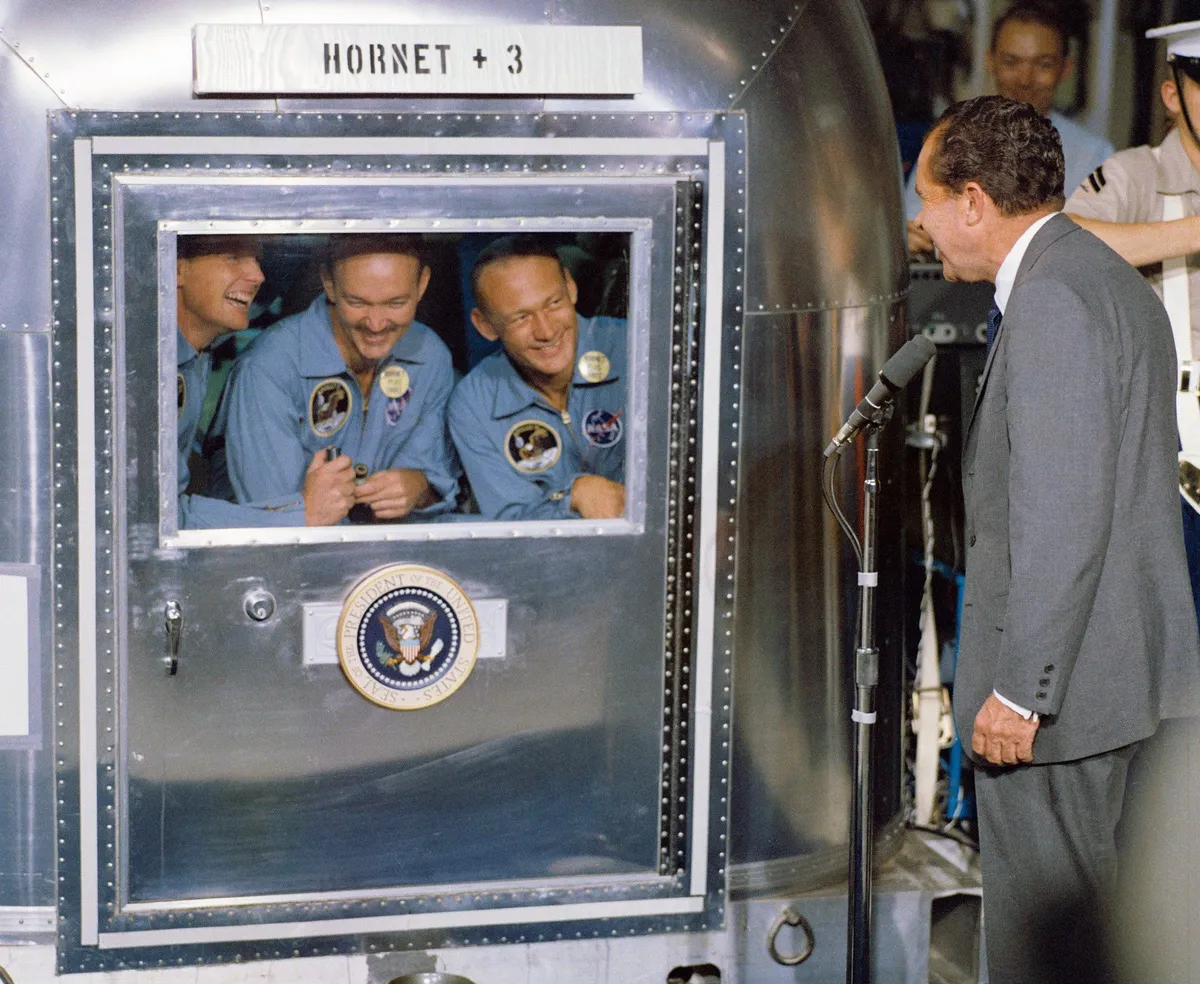
Collins then flew with Neil Armstrong and Buzz Aldrin on the Apollo 11 mission that, on 20 July 1969, saw human feet set on the Moon for the first time in human history.
Collins never set foot on the Moon himself: as Command Module Pilot his job was to remain in the Command Module orbiting 65 miles above the lunar surface while Armstrong and Aldrin took those first steps, awaiting their return to begin the journey back to Earth.
This offered Collins a unique perspective on the Universe as he journeyed alone above the far side of the Moon, cut off from the rest of humanity and staring out into deep space.
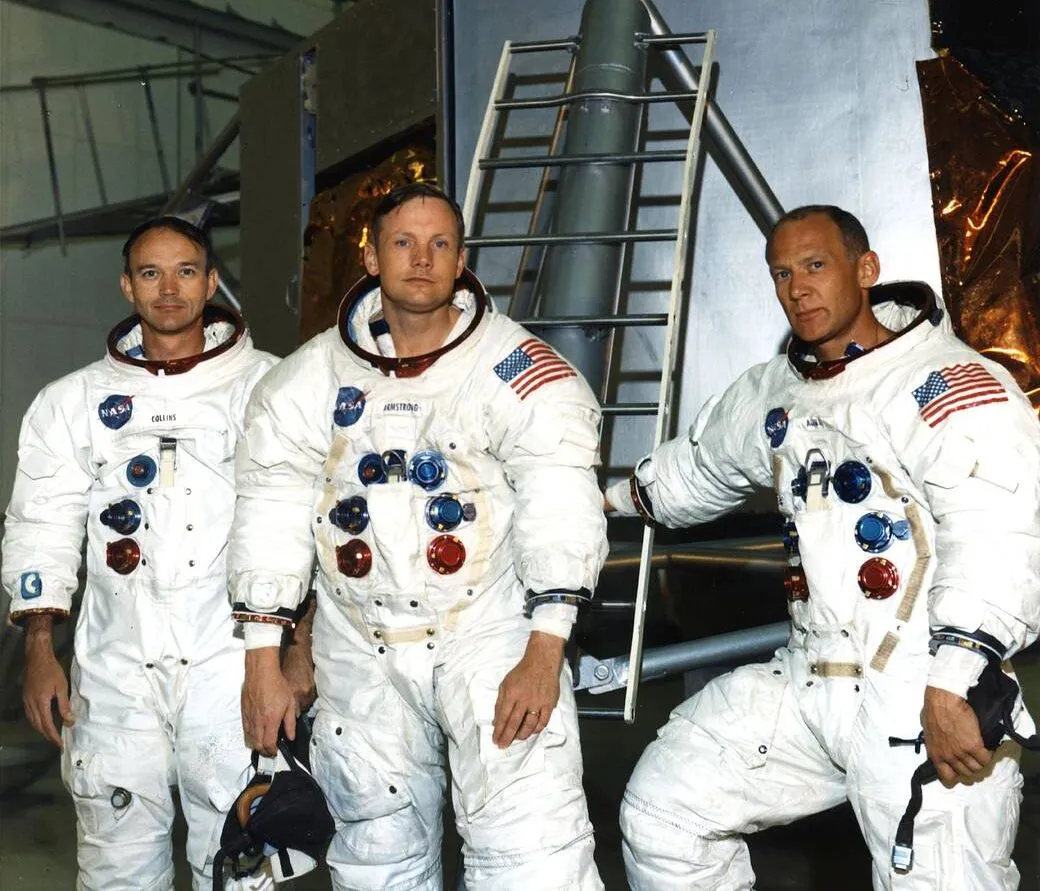
He would later say of the experience: "Radio contact with the Earth abruptly cuts off at the instant I disappear behind the Moon.
"I am alone now, truly alone, and absolutely isolated from any known life. I am it.
"If a count were taken, the score would be three billion plus two over on the other side of the Moon, and one plus God knows what on this side."
Before leaving the Moon and returning for Earth, the Apollo 11 astronauts left a plaque on the lunar surface that said 'We came in peace for all mankind', signed by Armstrong, Aldrin, Collins and President Richard M. Nixon.
Once the Apollo 11 crew returned to Earth they faced 16 days in quarantine and tours around the world, where they were greeted by millions of people who welcomed them back to planet Earth.
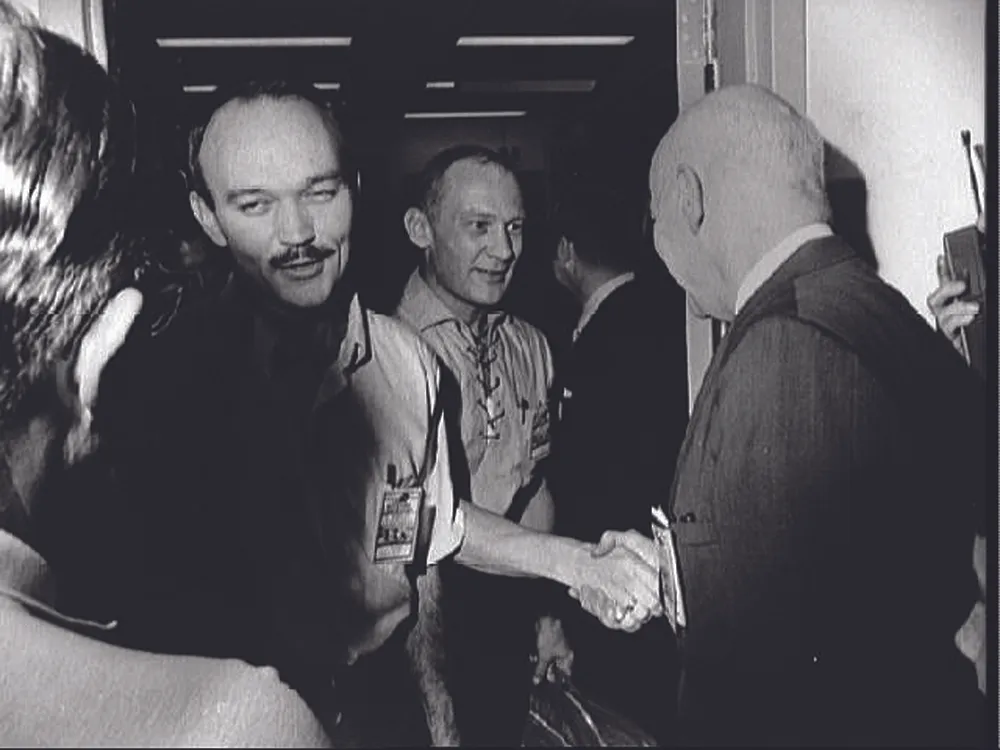
Michael Collins: A life in the air
Michael Collins was born on 31 October 1930 in Rome, Italy and graduated from the US Military Academy in 1952.
He became a fighter pilot and between 1959 and 1963 logged over 4,200 hours of flying time.
Collins was then selected to be a member of the Gemini crew and flew on Gemini 10, during that mission becoming the 3rd American ever to spacewalk.
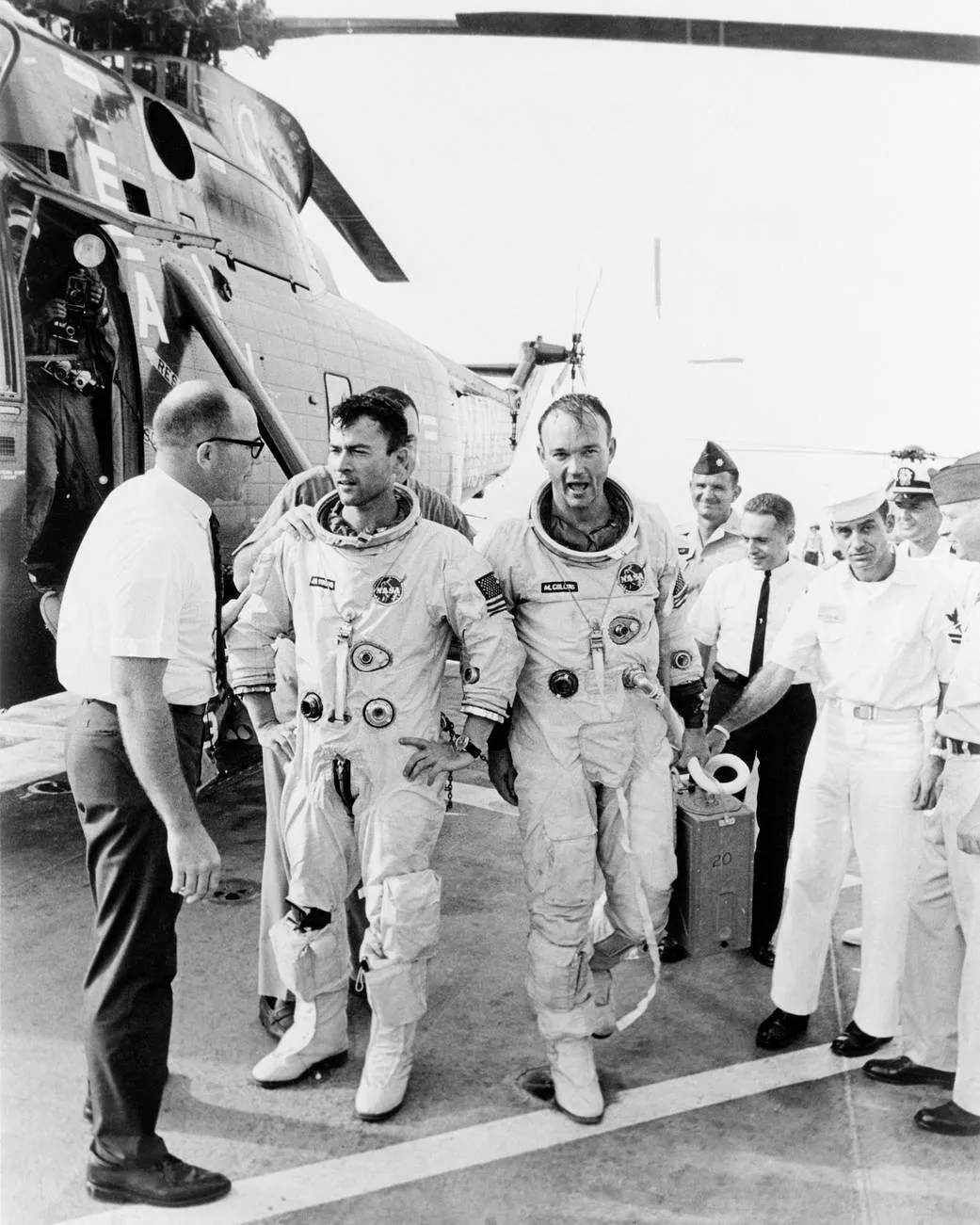
Collins served as CAPCOM for Apollo 8 in December 1968, relaying messages and information between the crew and Mission Control back on Earth.
After Apollo 11, Collins retired from the US Airforce and left NASA in 1970.
During subsequent years he joined the Smithsonian Institution as director of the National Air and Space Museum, became vice president of LTV Aerospace and Defense Co. and wrote several books on his experiences as an astronaut.
He passed away on 28 April 2021.

A statement from the White House said: "Michael Collins lived a life of service to our country.
"(He) both wrote and helped tell the story of our nation’s remarkable accomplishments in space.
"Many remember him as the astronaut who was by himself, orbiting the Moon as Buzz Aldrin and Neil Armstrong walked on the lunar surface. He may not have received equal glory, but he was an equal partner, reminding our nation about the importance of collaboration in service of great goals.
"From his vantage point high above the Earth, he reminded us of the fragility of our own planet, and called on us to care for it like the treasure it is.
"Although, in his life of accomplishment, he earned many titles and achieved the rank of general, he demanded that everyone call him, simply, Mike.
"Our prayers are with General Collins’ family. Godspeed, Mike."
